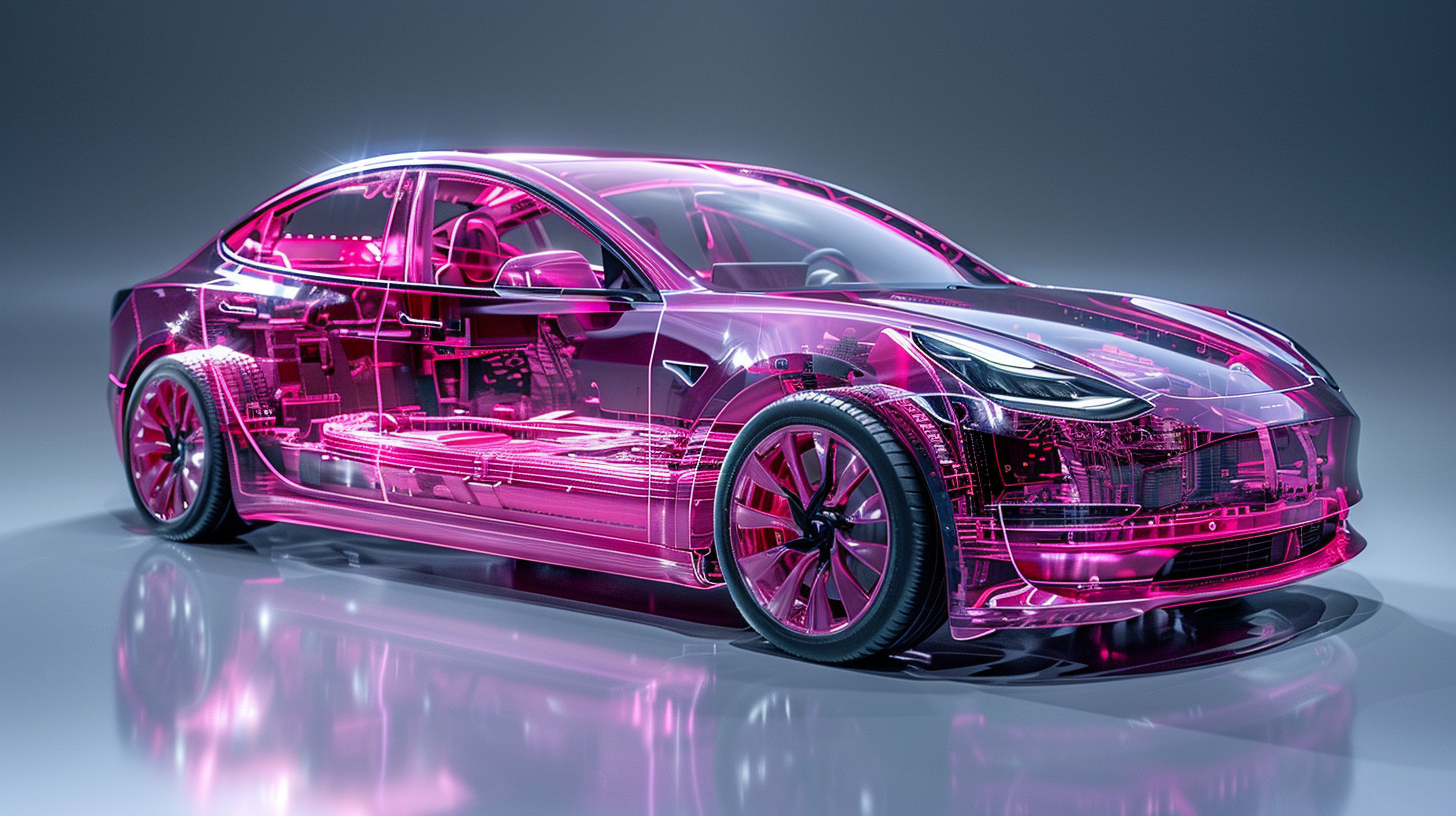
As electric vehicles (EVs) become increasingly prevalent on our roads, a crucial question arises: what becomes of their batteries once these vehicles are deemed unserviceable? This concern is particularly pertinent as we navigate the shift from traditional petrol and diesel vehicles, which have established end-of-life protocols, to electric counterparts, whose battery components necessitate distinct handling and recycling processes.
The Lifecycle of EV Batteries Beyond the Road
Contrary to early apprehensions, akin to the worries surrounding the longevity of mobile phone batteries, EV batteries have demonstrated resilience, with most only experiencing a minimal degradation in charge capacity annually. This durability suggests that many EV batteries may outlast the vehicles they power. As such, when considering to “sell my car” or explore “we buy any car” services, it’s worth noting the potential extended life of an electric car’s battery.
Resilience and Warranties
Automakers have confidently backed their EV batteries with extensive warranties, ensuring a minimum capacity retention over several years and miles, thereby underlining the batteries’ longevity compared to the vehicles themselves. Moreover, the modular nature of these batteries allows for the possibility of cell-by-cell repair or replacement, enhancing their service life even further.
What Happens When EVs Reach Their End-of-Life?
The journey of an EV battery doesn’t necessarily end when the car does. Two primary paths exist for these batteries: repurposing for a “second life” or recycling.
- Second Life for EV Batteries
Once an EV battery’s automotive days are behind it, often due to the vehicle’s overall wear rather than the battery’s incapacity, it can embark on a second life. Early initiatives by companies like Nissan have demonstrated the feasibility of reusing EV batteries for energy storage solutions, such as providing backup power to stadiums or supporting renewable energy grids.
This approach not only extends the utility of the batteries but also contributes to environmental sustainability efforts. Various innovative applications are continually being explored, from powering mobile EV charging stations to integrating into home energy systems, showcasing the versatility of EV batteries beyond their initial automotive purpose.
- Recycling EV Batteries
When batteries are no longer viable for second-life applications, recycling becomes the preferred option. Advanced recycling facilities aim to recover up to 90% of a battery’s raw materials, including valuable metals like lithium, nickel, and cobalt. This process not only conserves resources but also reduces the environmental impact associated with mining and processing these materials.
The Road Ahead
As the adoption of EVs grows, so does the importance of developing efficient and sustainable methods for managing end-of-life batteries. Although the bulk of these batteries are yet to reach the end of their lifecycle due to the relatively recent surge in EV sales, the groundwork is being laid for robust recycling and reuse programs.
For those contemplating the decision to “sell my car” in favor of an electric model or engaging with services proclaiming “we buy any car,” understanding the life cycle and end-of-life options for EV batteries offers reassurance about the environmental credentials of electric vehicles. As we progress, the continued evolution of battery technology and recycling processes will play a critical role in ensuring the sustainability of the electric revolution.


